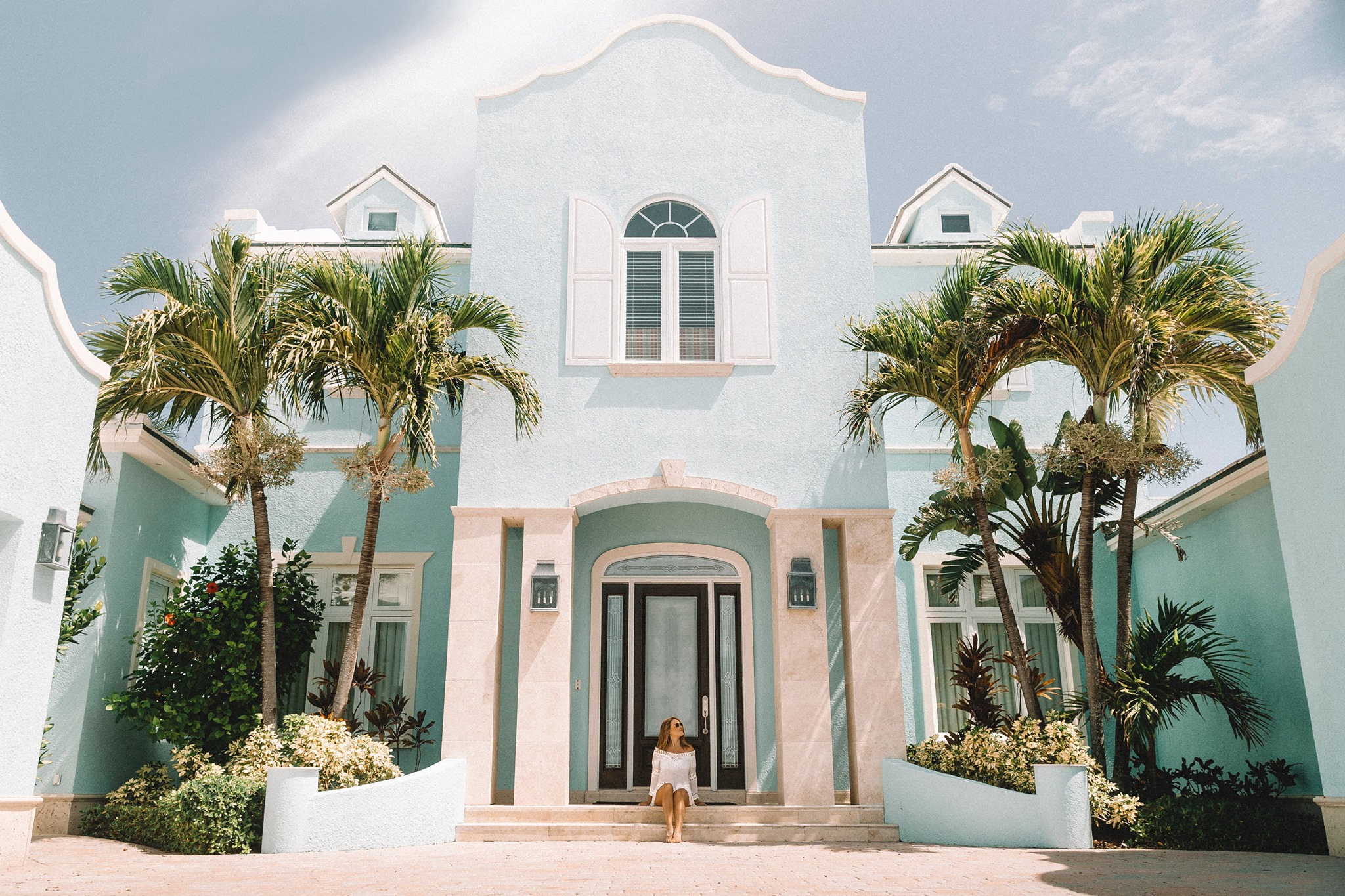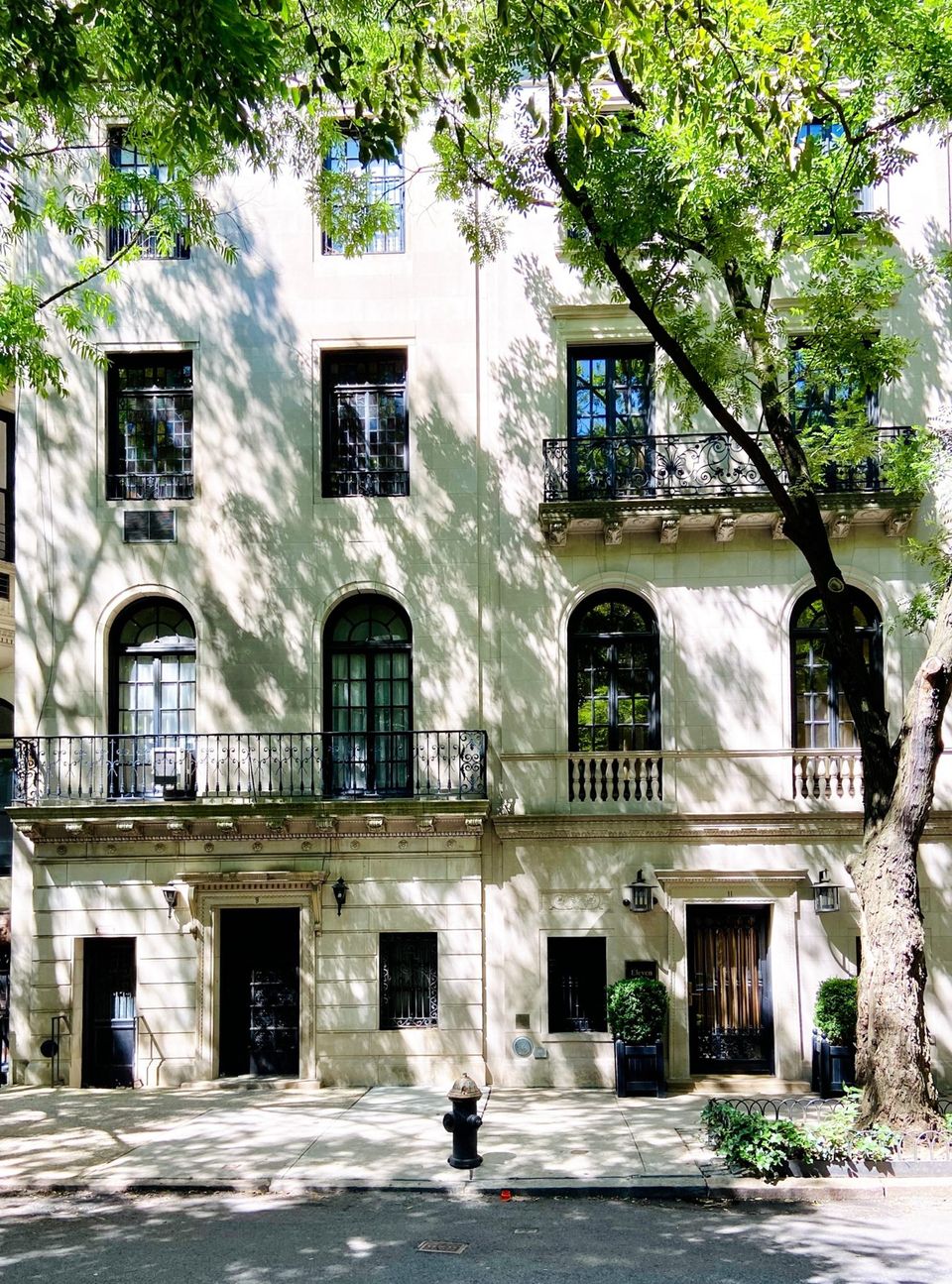Okay okay, so we knew interest rates rises were coming, but honestly, we’ve avoided ‘adulting’ for as long as we can and now we’re wondering what the hell that actually means for us.
So we reached out to our resident gurus in mortgages and real estate, Scott Matthews from Bernie Lewis Home Loans and Richard Wyatt from Century 21 to get the low down on everything we need to know.

What’s the deal with interest rates and how will it affect my home loan?
Scott :: Australian and global conditions have seen interest rates used as a way to help out the economy over the past few years. Our current cash and borrowing rate is at historical lows and this was always going to end, eventually!
Rates are increasing in response to rising inflation – this occurs as a government (RBA is a non-government independent body) mechanism to remove a persons discretionary income, therefore slowing down spending to rein in inflation. At the same time, we’re also seeing the removal of stimulus policy from the COVID pandemic.
At the start of 2022 the RBA cash rate was 0.10%. In May, rates increased to 0.35% and now another 0.50% has been added to this. The new cash rate is now 0.85% and the rate borrowers pay on a variable rate will reflect these increases. So, unless you have a fixed rate, it means your monthly repayment will now increase by $850 p.a. per $100,000 you owe. It’s the largest increase on a mortgage in more than 20 years.
With pain at the petrol pump due to global conflict, increase in fresh food due to local floods and energy costs it means a further hit to the household budget.
They’re expected to rise again — if they do, how much more a month will I pay on a $500k loan?
Scott :: This year rates have increase $4,250 p.a. on a $500,000. It’s a large increase – $355 month approximately.
Expect rates to increase again in the next two to four years. I would expect the RBA to find an equilibrium back to a cash rate of about 2 – 2.5%. Factoring in lenders margins on top of this, a borrower could expect a rate as high as 4.5% in the next four years. This of course all depends on local and global conditions and what occurs with inflation.
Will it go higher – my opinion is, I don’t think so. The government has many ways to manage inflation, interest rates are just one of them.
One thing to consider is that as rates rise due to inflation, borrowers “should” expect an increase in their income relative to this increase. The timing of the wage increase vs cost of living pressure is the key factor here, it is common wages increase up to a year after the pain is felt in the hip pocket.
How will refinancing help me now?
Scott :: Lenders build margin in to home loans over time, it’s a complacent purchase. The more loyal you are, often the more you will pay! Backwards right?! They welcome in new customers with low rates and slowly increase rates over time.
As of today, after the most recent rate increase of 0.5%, one of the best in market rates is around 2.60%. I suppose it’s safe to say a good rate is 3% or less. Most borrowers would be above these rates. Now is the time to review your mortgage with your trusted mortgage broker to see if you can save on your current rate.
Yes rates will keep increasing, but starting from a lower base will offset those increases.
What do you think will happen across the next few years and how can we plan for it?
Scott :: Rates are going to continue to increase. Be aware and prepare, but don’t panic.
As brokers, when we have loans approved all borrowers are assessed at a “stressed rate” so you should be able to afford your mortgage at these rates without incurring stress. Remember also, as rates increase to this level, your take home wage should also increase with inflation.
The best way to plan for the future is to start making payments now at the forecast increase. Assume the effective rate to borrowers will hit 4.5%, go to moneysmart.gov.au/home-loans/mortgage-calculator and put in your loan amount and the forecast rate of 4.5% over the remaining term of your loan. It will tell you the repayment amount.
Also, start making this repayment NOW, and build a buffer into your home loan by having an advance on your minimum repayments. If times get really tough, your buffer will allow you room to breathe. The bigger the buffer, the more of a safety net you have for tough times.
Don’t forget to review your spending. Where can you save money moving forward? Cut your waste without removing the enjoyment in life e.g. next time you go to order UberEats, maybe consider a BBQ with some food from local suppliers. Go back to “local” and have quality family time, it’s going to be much cheaper.

How will these interest rates impact the housing market?
Richard :: Naturally any increase in interest rates generates an increase in your mortgage repayments and therefore somewhat reduces our disposable income but most buyers will carefully review their personal finances prior to purchasing a new home including a consideration of the ongoing affordability of that home.
Obviously interest rate rises and the ultimate cost of that mortgage will determine just how much you’re prepared to spend on a home, regardless of interest rate rises most people aspire to home ownership and will continue to do just that.
Adelaide remains the 3rd most affordable capital city in Australia for home ownership behind Darwin and Perth. This affordability allows some protection from drastic changes in the ability to secure/afford a home. Put simply, a greater percentage of the population can afford to purchase a home.
Our expectation is that Adelaide will see a return to a more “normal” market, not the boom environment we have experienced for an extended period of time. House prices are unlikely to see a major decline, just a slowing of capital growth levels experienced over the past 2 years, particularly during the pandemic.
Like any time in history, both booms and busts never last, they are unique and not the norm and we’ll see a reasonably stable property market in Adelaide over the coming 12 to 24 months.
What do you forecast we can expect from the housing market across the next few years and how should we be planning for this?
Richard :: Adelaides property market over the coming few years is likely to reflect that of the past 20 years prior to the pandemic, slow but steady annual capital growth with continuing infrastructure
More buyers are seeking a home that offers a lifestyle environment, larger blocks of land accessible to our beaches, hills district and surrounding regional destinations and landmarks. Demand will continue to grow from interstate investors for quality investments, particularly property located around the CBD and bayside suburbs.
With interest rates having no other way to move other than upwards, financial planning will be critical to ensure a balance between home ownership and maintaining a comfortable yet affordable lifestyle. The best advice we can give you is to plan to have your mortgage paid off as soon as possible, there are many strategies as to paying down your mortgage sooner.

Clearly these guys know their stuff so if you have any more questions, give the teams as Bernie Lewis or Century 21 a call.
:: BERNIE LEWIS WEBSITE :: BERNIE LEWIS INSTAGRAM ::
:: CENTURY 21 WEBSITE :: CENTURY 21 INSTAGRAM ::








